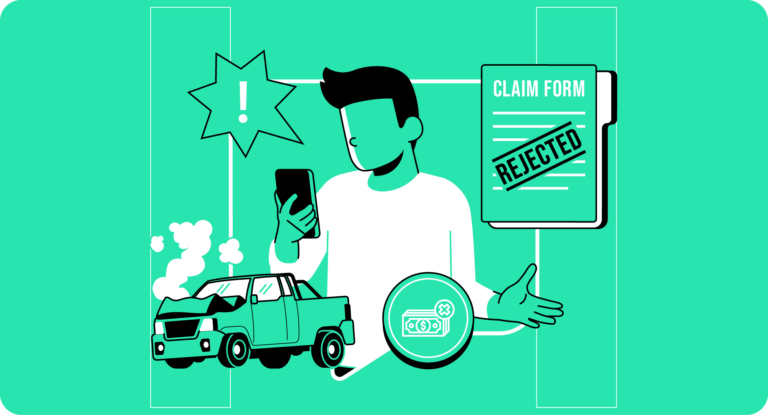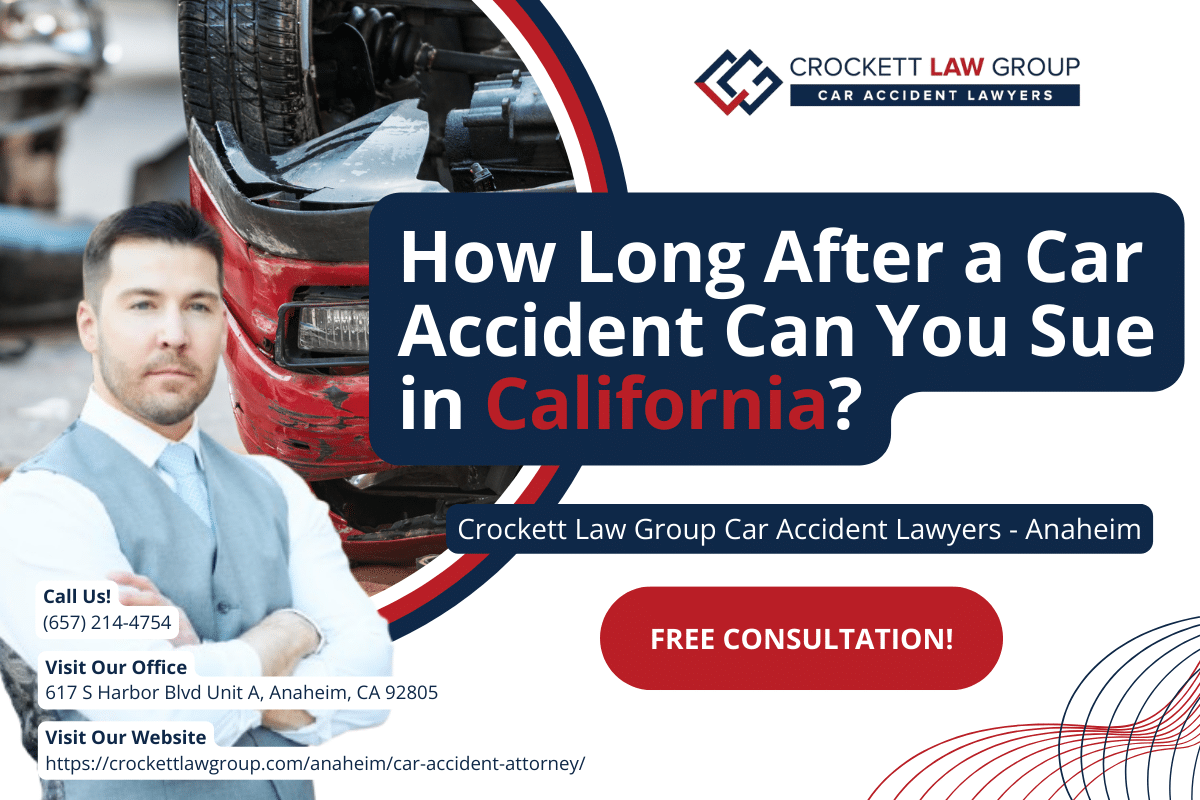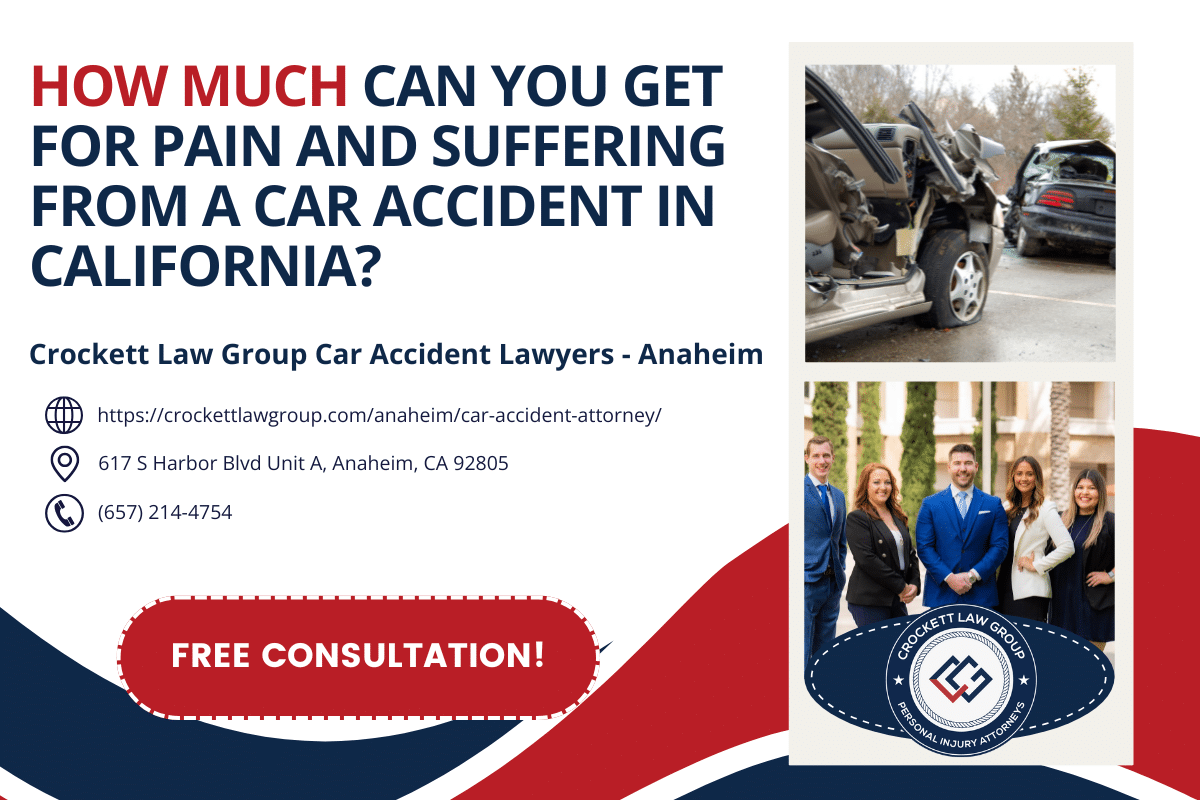Car accidents are unsettling events that can happen to anyone driving on California’s busy roads.
Understanding what to do when faced with an insurance company that refuses to pay for damages to your vehicle is crucial.
This guide provides you with step-by-step advice on handling such situations effectively.
Factoid About Motor Vehicle Accidents in California
| Category | 2020 | 2021 | Change |
|---|---|---|---|
| Traffic Fatalities | 3,980 | 4,285 | +7.6% |
| Mileage Death Rate (MDR) | N/A | 1.38 | N/A |
| Alcohol-Impaired Driving Fatalities | 1,180 | 1,370 | +16% |
| Drug-Impaired Driving Fatalities | N/A | 52.9% | -5.5% |
| Unrestrained Occupant Fatalities | 782 | 878 | +12.4% |
| Motorcycle Fatalities | 549 | 565 | +3% |
| Motorcyclist Deaths (No Helmet) | 34 | 37 | +9% |
| Teen Drivers in Fatal Crashes | 413 | 474 | +14.8% |
| Pedestrian Fatalities | 1,013 | 1,108 | +9.4% |
| Bicycle Fatalities | 136 | 125 | -8% |
Understanding California Insurance Law
Navigating the aftermath of a car accident in California requires a basic understanding of the state’s insurance laws.
This knowledge is key to ensuring that you’re adequately compensated for any damages or injuries sustained during an accident.
California as a Fault State for Car Accidents
California’s fault-based system for car accidents means that the person responsible for causing the accident bears the financial burden of the damages incurred.
This system dictates how insurance claims are handled and who is eligible for compensation.
Minimum Insurance Requirements in California
In California, drivers are legally required to carry liability insurance at minimum amounts of $15,000 for bodily injury per person, $30,000 per accident, and $5,000 for property damage.
These numbers are crucial as they represent the baseline coverage every motorist should have.
However, when damages exceed these amounts, the situation can become complicated, especially if the at-fault party’s insurance refuses to pay.
How Fault is Determined in Car Accidents
Determining fault in a car accident involves assessing the evidence and circumstances surrounding the incident. This might include police reports, witness statements, and photographic evidence from the scene.
Understanding the process of how fault is determined can help you better prepare your insurance claim or legal case.
Initial Steps After Your Car Is Hit
The moments following a car accident are crucial. They set the foundation for your insurance claim and potential legal actions.
Taking the right steps can significantly affect the outcome of your claim, especially when the other party’s insurance company is reluctant to pay.
Assessing the Damage and Ensuring Safety
Safety is the paramount concern immediately after an accident.
Check for injuries and move to a safe location if you can. Then, assess the damage to your vehicle.
This initial assessment is vital—documenting it with photos can provide essential evidence for your claim.
Exchange of Information at the Scene
Exchanging information with the other driver is a critical next step.
Get their name, contact details, insurance information, and vehicle registration. If witnesses are present, their accounts can be invaluable.
Gathering this information at the scene lays the groundwork for your insurance claim.
The Importance of a Police Report
A police report often serves as an objective account of the accident. It can significantly impact the insurance company’s decision-making process.
Reporting the accident to the police and obtaining a copy of the report is a step you should not skip. This document can be a key piece of evidence if the insurance company disputes your claim.
When the At-Fault Party’s Insurance Denies Your Claim
Encountering resistance from the at-fault party’s insurance company is a challenging hurdle. It’s crucial to understand why claims are denied and how to respond. This knowledge empowers you to take action and advocate for your rights effectively.
Common Reasons for Claim Denial
Dealing with an insurance claim after a car wreck can be a complicated process, fraught with challenges.
One of the hurdles many face is having their claim denied by the insurance company.
Understanding why claims are often denied can help you prepare a more robust case or take proactive steps to avoid these pitfalls. Below are some of the most common reasons for claim denial:
- Policy exclusions
- Late claim filing
- Insufficient evidence
- Disputes over fault
- Lapsed insurance policy
Understanding these common pitfalls can be the key to successfully navigating the claims process.
Armed with this knowledge, you can address potential issues before they arise, increasing the likelihood of your claim being approved.
Your Rights Under California Law
California law offers protections for those involved in car accidents, including the right to compensation from the at-fault party’s insurance. Knowing these rights can help you argue your case more convincingly, whether through negotiation or legal action.
The Role of Evidence in Disputing Claim Denials
Solid evidence is your best ally in disputing a claim denial. This includes everything from photos of the accident scene to witness statements and the police report.
Detailed records of your damages and injuries are also crucial. This evidence forms the foundation of your argument against the insurance company’s decision.
Navigating Through the Insurance Claim Process
The insurance claim process can be intricate and requires a strategic approach to ensure you receive the compensation you’re entitled to.
From filing your claim correctly to understanding the role of subrogation, each step is crucial for a successful outcome.
Filing a Claim with Your Insurance
Filing a claim with your insurance after a car wreck requires attention to detail and timeliness. Following a structured process can help ensure your claim is filed correctly and efficiently. Here is a step-by-step guide to help you through this crucial task:
- Contact your insurance company as soon as possible after the accident. Prompt reporting is essential.
- Gather necessary information including the police report, photos of the scene, and witness statements.
- Review your insurance policy to understand your coverage and any specific requirements for claim filing.
- Complete all required forms provided by your insurance company accurately and thoroughly.
- Keep records of all communications with your insurance company, including dates, names, and details of conversations.
Filing an insurance claim might seem daunting, but taking these steps can streamline the process.
Remember, your insurance company is there to assist you in the aftermath of an accident.
By following these guidelines, you can navigate the claims process with confidence, knowing you’ve done everything in your power to facilitate a smooth resolution.
Understanding the Concept of Subrogation
Subrogation plays a vital role in the insurance claim process. It allows your insurance company to recover funds from the at-fault party’s insurer, including your deductible.
This process is essential for ensuring that the responsible party ultimately pays for the damages.
Dealing with Adjusters and Claim Evaluations
Insurance adjusters assess the extent of damages and determine the settlement amount. It’s important to provide them with comprehensive evidence of your damages and losses.
Be prepared for negotiations; adjusters often start with a lower offer than what you might be entitled to.
Legal Options When an Insurance Claim Is Denied
Facing a denial from an insurance company can be disheartening, but it’s not the final word. Several legal avenues are available to challenge the decision and pursue the compensation you deserve. Understanding these options can empower you to take decisive action.
The Feasibility of Small Claims Court for Minor Damages
For smaller claims, usually those under $10,000, small claims court offers a simpler, more cost-effective legal path.
This court is designed for individuals to resolve disputes without the need for extensive legal representation.
However, preparing a solid case with all necessary documentation is still essential.
Hiring an Attorney for Significant Claims
For larger claims or when facing complex legal challenges, hiring an attorney becomes crucial.
A legal professional can navigate the complexities of the legal system, ensuring that your case is presented effectively.
This includes gathering evidence, filing the necessary paperwork, and representing you in court.
The Process and Expectations of a Lawsuit
Initiating a lawsuit involves several steps, from filing a complaint to going to trial.
Throughout this process, your attorney will be an invaluable asset, providing guidance and advocacy.
While lawsuits can be time-consuming and challenging, they often result in better compensation for your damages and injuries.
Need Help With Your Car Wreck Claim? Contact Crockett Law Group
If you’re facing challenges with an insurance claim after a car wreck, don’t fight alone. Crockett Law Group are here to help.
As dedicated car wreck lawyers, they have the skills and experience to guide you through the complexities of your claim.
Call (800) 900-9393 today for the support you need to secure a fair resolution. With Crockett Law Group by your side, you’re not just a victim of circumstance—you’re empowered to seek justice.










